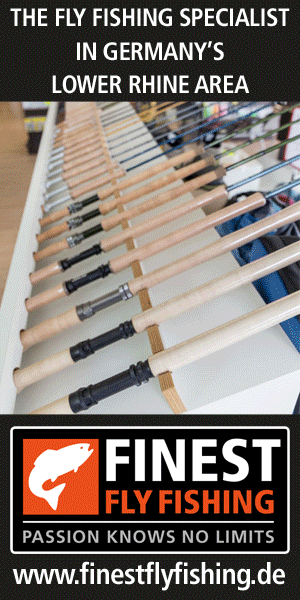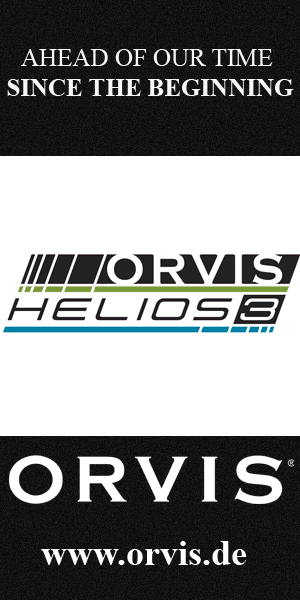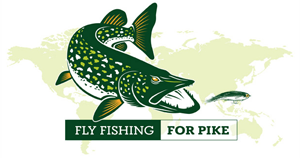Fish Legal has helped the Inler Angling Club to start the process of restoring a purely wild trout fishery using compensation money obtained following a 2013 pollution.
The club leases the brown trout and sea trout fishing on the River Inler in County Down, which was devastated by a major spill of vegetable waste from a processing plant belonging to MASH Direct, resulting in the death of over 5,000 fish, in August 2013.

The River Inler (also known locally as the Enler), a three-mile long stream draining rolling agricultural land which meets saltwater at Strangford Lough, has been primarily a ‘put-and-take’ fishery for brown trout but catches are supplemented by a wild population of both resident and migratory fish.
In pre-action legal negotiations, the company made a modest compensation offer for immediate re-stocking of the hatchery-reared trout but Fish Legal argued that the wild trout lost were equally valuable to the fishery in the long-term, so the deficit while the wild stocks recovered should also be compensated for.
The company made a significantly increased settlement offer but then withdrew it after being convicted and fined in the Magistrates Court, where it was also required to pay £7,000 – a sum apparently based on what it had previously offered the club – to the prosecuting authority, the Northern Ireland Environment Agency.
After two years of waiting to see what the agency would do with the money, agreement has now been reached with the club. A number of interim re-stockings have been reimbursed but the bulk of the funds have been committed to habitat work to support the restoration of a wholly wild fishery, to which the club has now committed itself.
In April this year, it commissioned a report from the Wild Trout Trust which recommended ‘renaturalisation’ of the river channel, through full or partial removal of numerous weirs, encouraging trout migration as well as sediment flushing, and via methods designed to restore channel and flow diversity to the extensively straightened river. The funds from the pollution settlement should achieve much of this restoration work.
Ian Kittle, Secretary of the Inler Angling Club, said: “We are glad that something positive has come out of the 2013 pollution disaster, when most of our fish were wiped out. Fortunately the wild trout in the tributary streams were unaffected and should be the basis of a restored population in the main river.

“We think that really looking after the wild stocks from now on, including the sea trout, via the habitat restoration work recommended by the Wild Trout Trust, is much the best way to go rather than having to rely on expensive stocked fish artificially compensating for a degraded habitat.”
Andrew Kelton, Fish Legal solicitor, said: “We congratulate the club for its decision to restore the health of its wild trout population through habitat restoration – even if that means fewer large fish to catch in the short term – and are happy that legal pressure has given them the means to start bringing this about.”
Source: www.fishlegal.net.






